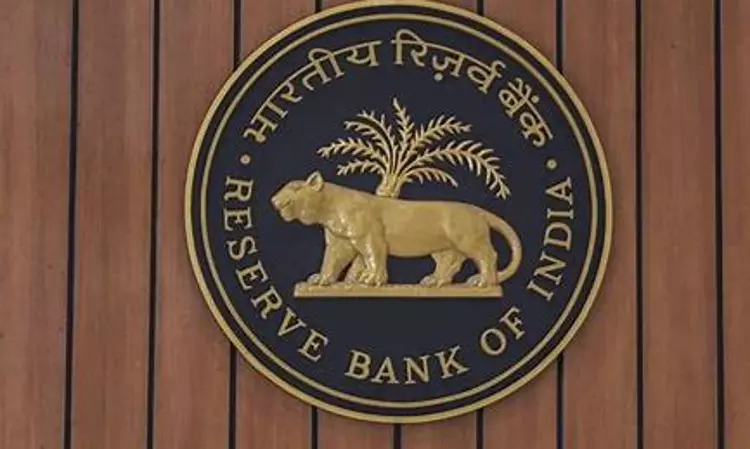RBI Revokes License Of City Co-operative Bank, Orders Immediate Winding Up
Rajesh Kumar
24 Jun 2024 1:45 PM IST

Next Story
24 Jun 2024 1:45 PM IST
The Reserve Bank of India (RBI) has cancelled the licence of the City Co-operative Bank Limited, Mumbai, Maharashtra. This decision, as communicated by the RBI, stem from the bank's failure to meet essential financial criteria outlined under the Banking Regulation Act, 1949. The bank was found deficient in adequate capital and sustainable earning prospects, essential components to...
